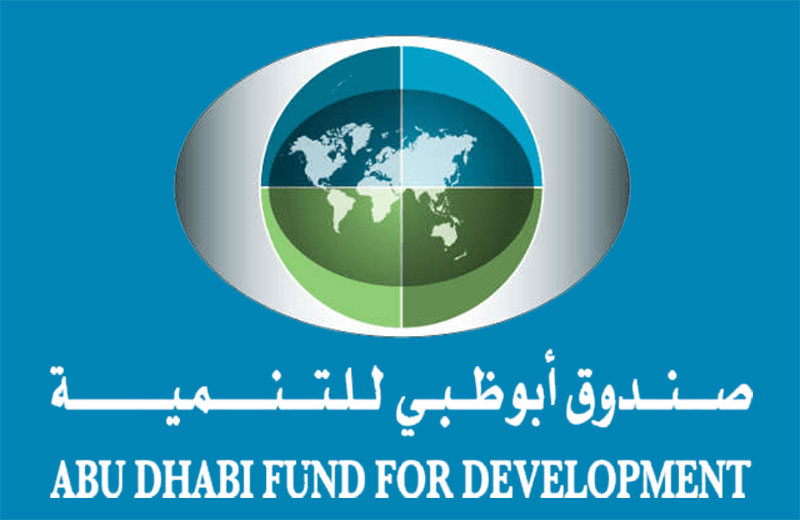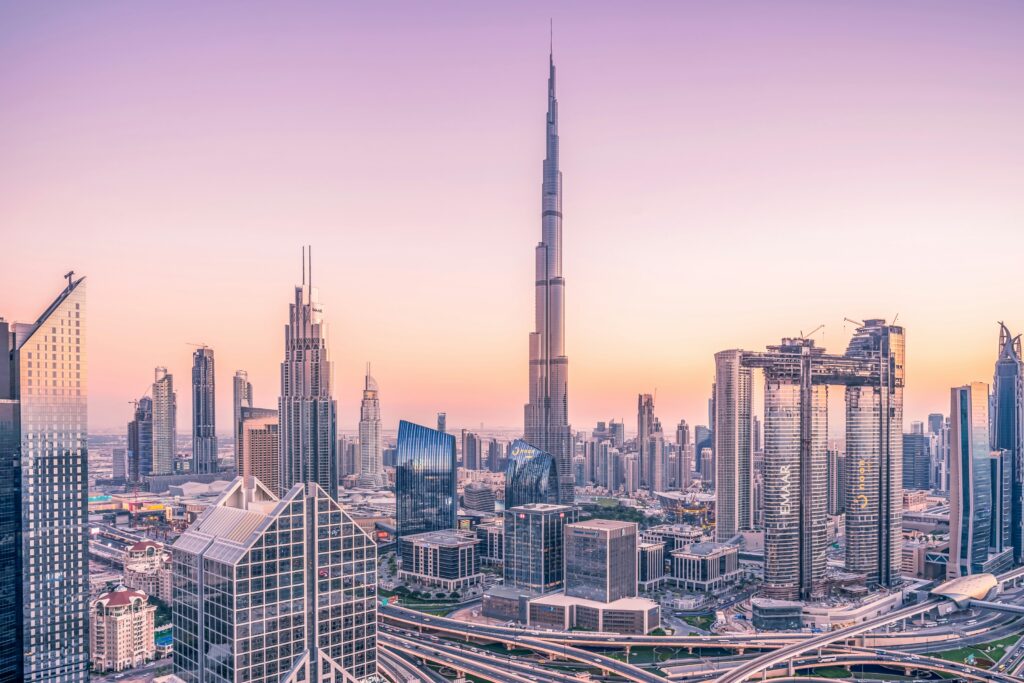
ADFD accords top priority for Water projects in 18 countries
The Abu Dhabi Fund for Development (ADFD) has earmarked $545 million for water projects among others being executed in 18 countries. The emphasis on water reflects ADFD’s commitment to achieve the UN’s Sustainable Development Goals, especially SDG6 that seeks to ensure clean water and sanitation for all.
In a report published on the eve of World Water Day on March 22, ADFD said that the dams and water networks built with its financing in various countries have enabled their populations to obtain clean drinking water. ADFD has also helped reclaim vast arable land, improve crop quality, and ensure food security in partner countries.
The theme of World Water Day this year is groundwater, which draws attention to the fact that more than 2 billion people in the world do not have safely managed drinking water services, and that solid measures need to be taken to address the global water crisis. Approximately 40% of the total amount of water used for irrigation is derived from groundwater aquifers.
Greater Importance
ADFD Director General Mohamed Saif Al Suwaidi said: “ADFD has accorded great importance to the water and irrigation sector, owing to its significance in relation to the sixth Sustainable Development Goal, which is to ensure that everyone in the world has access to clean drinking water by 2030. The effect of the availability of water or the lack of it will reflect on many other sectors.”
He added that the water, irrigation and agricultural projects financed by ADFD in developing countries have brought many economic and social benefits, including health benefits and self-sufficiency of food, not to mention that they created tens of thousands of work opportunities in beneficiary countries. “The ADFD-financed dams also generate about 9,000 MW of hydroelectricity,”Al Suwaidi said.
Some of such projects include water system in Santa Fe in Argentina to provide potable water for the populations. ADFD has financed over $80 million for the Santa Fe project which meets the demand of more than 300,000 people in 19 areas.
ADFD also financed the expansion of the main water treatment plant in Desvario Oregon, which is fed by the Corunda River. The project includes supply and extension of about 111 km main water lines, and the establishment of 4 pumping stations in four different cities, in addition to the construction of 8 water tanks in various areas of Santa Fe.
African Countries
Samandini Dam in Burkina Faso too was provided with $10.07 million in 2019 and the scope of the project comprised construction of a 2,900m-long and 23.9m-high dam with a storage capacity of one billion cubic metres, plus a 2.9MW power plant.
Works also included the establishment of irrigation systems to reclaim 1,500 hectares of agricultural land in the dam’s basin. The project has generated about 100,000 jobs and contributed to the efforts to achieved sustainable economic growth in Burkina Faso.
To ensure adequate water supply in Tanzania, ADFD financed $in 1993 a rural water project in Zanzibar of $4.9 million. That has provided a reliable source of drinking water for seven villages on two islands. In addition, it has improved the standard of living and health conditions of the local population.
Similarly, ADFD helped build a valley dam with a storage capacity of 21 million cubic metres, mainly to supply irrigation water to Ouled Ghanem and Mahjouba areas. The project boosted agricultural production within a sizeable geographical area with large number of inhabitants.
The project included the construction of the dam, and ensuring facilities for storage, pumping and transportation of water, in addition to the installation of hydromechanical equipment as well as irrigation and drainage systems.
ADFD also provided $14.7 million concessionary loan for the construction of a dam on the Teesta River in Bangladesh. The project involved laying a 44-km Dinajpur canal, its secondary and tertiary canals, a bridge over the Bogra canal, and its regulator and exit outlets, allowing for the irrigation of more than 48,000 hectares of land and benefitting over 68,000 people.















